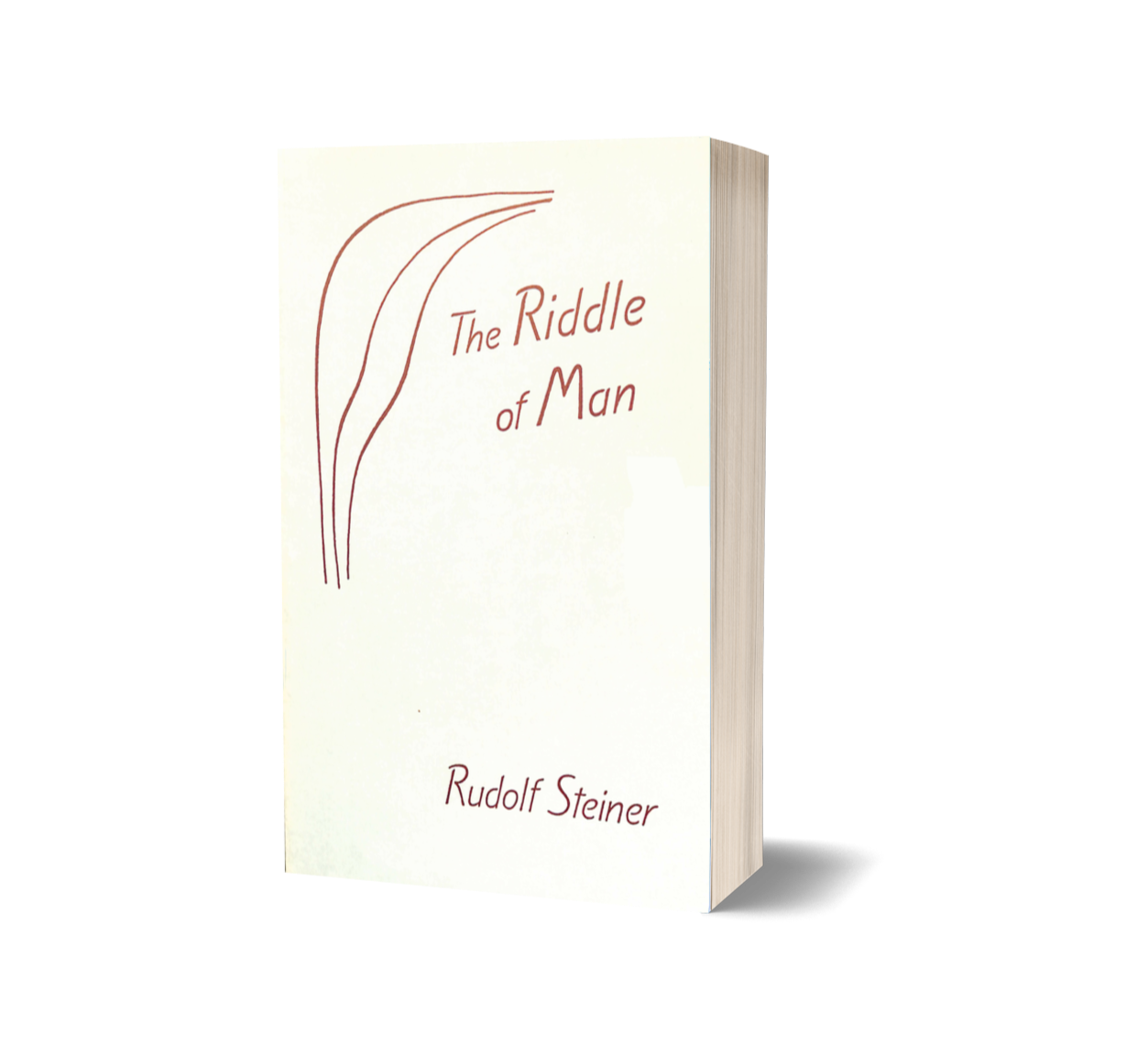The Riddle of Man
The Riddle of Man
Rudolf Steiner
PaperbackFree domestic shipping on orders of $50+
Couldn't load pickup availability
This book portrays a struggle to develop a new sense for what man is. In clear, pictorial language it speaks to the heart about the riddles of existence. The German and Austrian idealists whose many voices we hear in it sought a deeper kind of thinking than that which can accept man as a mere machine. They tried to lift thinking to a seeing of what the deeper heart already knows about the immortality of the soul and its access to the sources of existence.
At a time when Germany is reuniting, it is important to look at Rudolf Steiner's picture of a central mission of the German folk spirit: to explore the human soul, to recognize that it exists above and beyond its reflection in the body, to implement its ability to wake up out of ordinary consciousness, and to realize the “I's” own free spiritual activity, which is both individualistic and in harmony with that of other people. Clearly these are themes transcending national boundaries and time periods.
Rudolf Steiner depicts not only the “thinking, observations, and contemplations” of famous people, but also, with warmth and enthusiasm, shows the profound discoveries of men forgotten or unrecognized during their lifetimes, many of them known to him personally. He wrote this book during World War I, with his “heart's blood,” sometimes devoting two days to writing one sentence. Time would tell, he said, whether it would also be as “badly read” as his previous books. An unusually personal quality imbues this book, as though Rudolf Steiner could not keep the deepest concerns of his heart from showing through.
The powerful ideas of the last chapter are like beings sent to wake us out of the disastrous mentality whose results were all around us in 1916. The impact of this chapter is far greater if the reader has taken the amazing journey (not meant for those seeking passive entertainment) of the preceding chapters, The German idealists' urgent quest for the spiritual world, often meeting with hatred or indifference, is dramatically vindicated there. The struggle of the higher individual to come through in us lives everywhere in this book, often expressed in striking and original terms, as in Jean Paul's question: “To what end and from where were these extraordinary potentials and wishes laid in us, which, bare as swallowed diamonds, slowly cut our earthly covering to pieces?”
—Translator's Introduction
This first English translation of Rudolf Steiner's Vom Menschenrätsel (GA 20) is by William Lindeman. Vom Menschenrätsel was first published in 1916; the most recent 4th German edition, published by the Rudolf Steiner Nachlassverwaltung, Dornach, Switzerland, appeared in 1957 as Volume 20 in the collected works of Rudolf Steiner.
| Volume | 20 |
| Language | English |
| Publisher | Mercury Press |
| Publication Date | 1990 |
| Pages | 167 |
| Dimensions | 5.25 x 8.25 x 1 in. |
| ISBN | 0929979133 |
Condition Descriptions
Condition Descriptions


